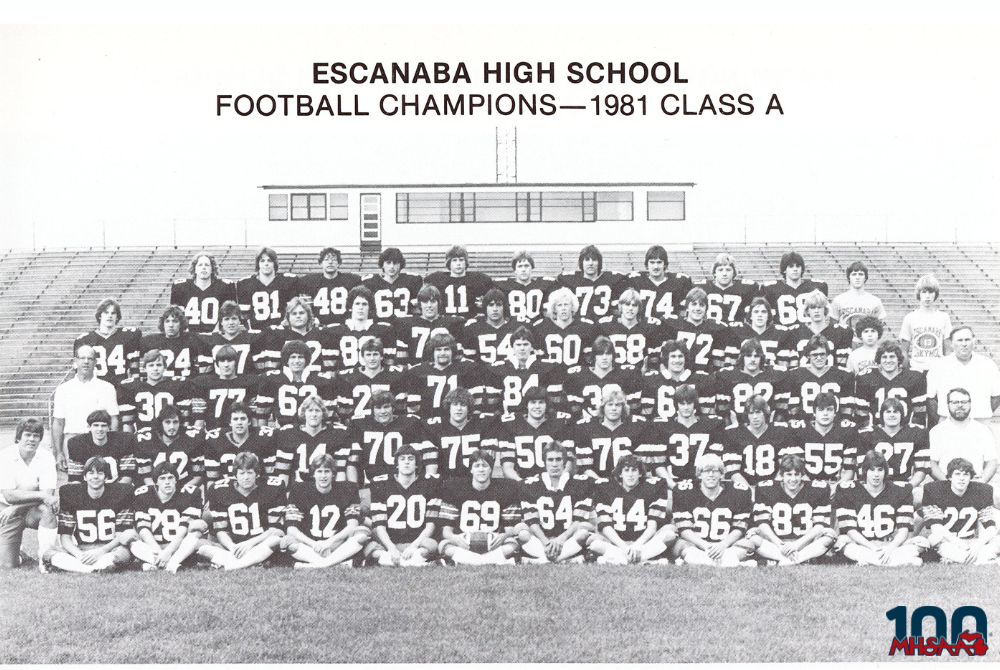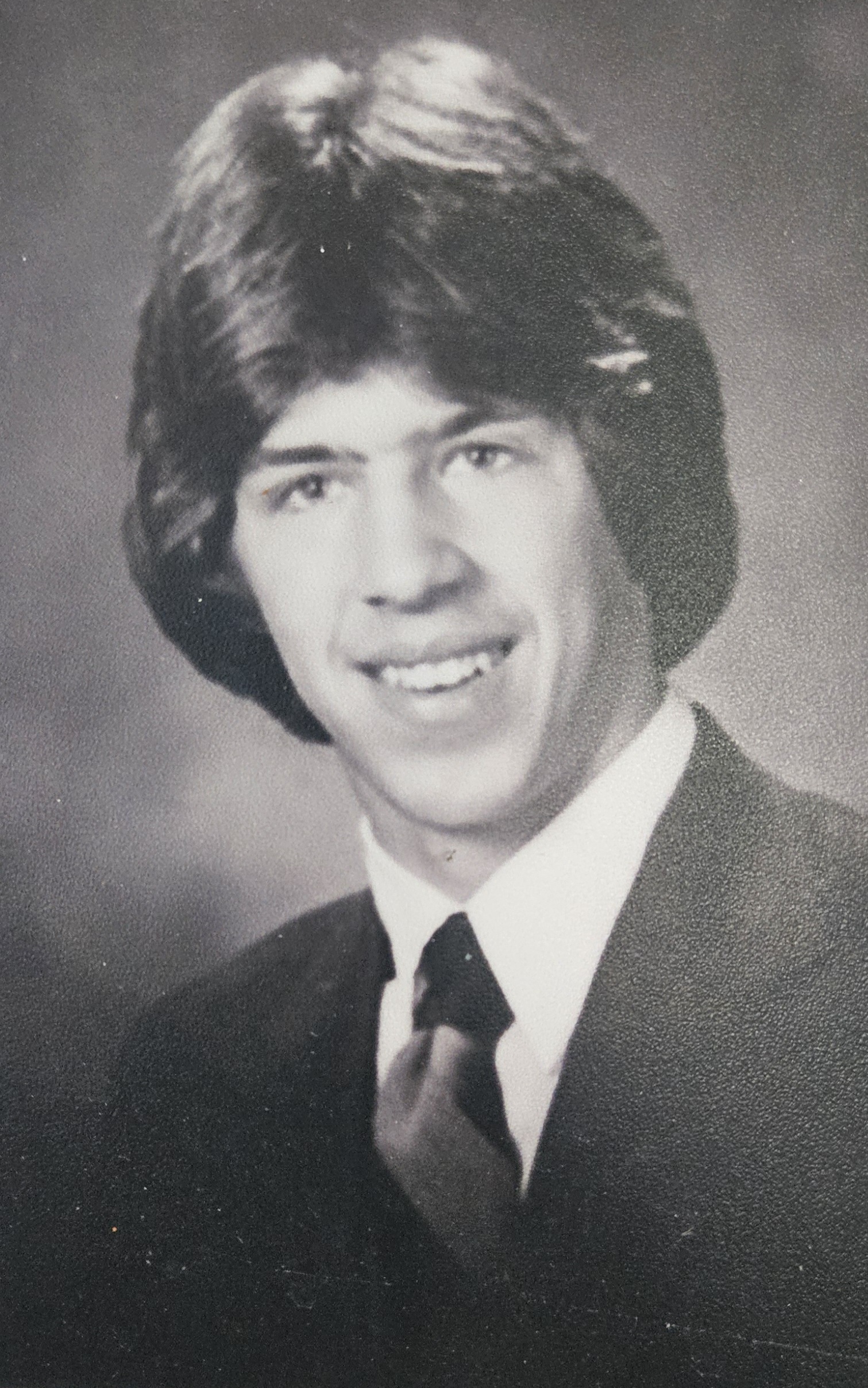
Best Practices
June 28, 2016
Two-thirds of concussions reported in Michigan high school football last fall occurred in games. Even though there are at least five times more hours of exposure during practices than games, there are half as many concussions during practice, according to the mandated concussion reporting requirement of the Michigan High School Athletic Association that is unmatched in the country in terms of its depth and breadth for a statewide requirement.
Michigan was among the handful of states to restrict contact in practice, in 2014, a full season prior to recommendations from the National Federation of State High School Associations and later action by most other statewide associations.
Some of those statewide organizations continue to operate without limitation on contact in football practices, while their counterpart organizations in other states have gone so far as to limit contact to a certain number of minutes in a day and/or week.
Entering mostly uncharted waters for high school football in early 2014, an MHSAA task force recommended that the number of practices be limited where collisions between players could occur – no more than one per day during preseason, no more than two per week after the first game.
This change was embraced by this state’s football coaches association and adopted by the MHSAA Representative Council. All parties liked the ease of administration of this policy, and all distrusted the idea of limiting the number of minutes of contact during practices.
If there is a 30-minute limit on contact in a day or a 90-minute limit on contact in a week, is it the same 30-minute or 90-minute period for all players, even if many are not involved in one or more of the contact drills? Or does the limit apply to each player individually; and if so, how is that tracked, and by whom?
These and other questions made coaches and administrators question how effective a limit on minutes might really be. Nevertheless, a 90-minute per week limit during regular season has been made an MHSAA recommendation for the 2016 season. This will provide an opportunity to address and possibly answer some of the questions that have been raised.
The MHSAA will survey schools this fall about their practice plans and the actual time spent in contact drills by players, assessing how that differs according to offense, defense, player position and grade in school, and determining best practices for how to track player contact minutes.
When Michigan acted in 2014 to limit contact in practice, it was one of the first states to do so. As Michigan takes additional steps to limit contact in practice, it will be one of the first states to do so after researching the best ways to actually do it.

Flashback 100: Future Baseball Pro Led Escanaba's Legendary Football Title Run
November 8, 2024
The MHSAA 11-player Football Playoffs have awarded 332 Finals champions over their first 49 seasons, and the total will grow by eight later this month.
However, only 22 of those titles have been claimed by teams from Michigan's Upper Peninsula. And of those, just one came in the state’s largest division.
That honor belongs to Escanaba, which won the Class A title in 1981, marking the first and only time a U.P. team has claimed the crown in either Division 1, Class A, or Class AA.
The 1981 Escanaba team, coached by the legendary Jerry Cvengros – who would later be inducted into the Michigan High School Football Coaches Association Hall of Fame – was led by Kevin Tapani. A dynamic two-way player, Tapani starred at both quarterback and safety. The Eskymos finished the season undefeated at 12-0, outscoring opponents by a combined 345-67. They shut out six opponents and defeated Fraser 16-6 in the title game at the Pontiac Silverdome.
While Tapani excelled in football, his true passion was baseball. He was a standout in high school and went on to become a four-year starting pitcher at Central Michigan University. In 1986, Tapani was selected by the Oakland A’s in the second round of the MLB Draft. He went on to enjoy a successful 13-year career in the majors, earning a 143-125 record, with a 16-9 season in 1991 when he helped lead the Minnesota Twins to a World Series title.
In recognition of his athletic achievements, Tapani was inducted into the Upper Peninsula Sports Hall of Fame in 2012 and named one of the Minnesota Twins' 50 all-time greatest players.
The 22 U.P. teams to win an MHSAA 11-player football championship:
1975 – Ishpeming – Class C
1975 – Crystal Falls Forest Park – Class D
1976 – Crystal Falls Forest Park – Class D
1979 – Ishpeming – Class C
1979 – Norway – Class D
1980 – Munising – Class C
1980 – Norway – Class D
1981 – Escanaba – Class A
1983 – St. Ignace – Class D
1992 – Lake Linden-Hubbell – Class DD
1993 – Kingsford – Class B
1993 – Iron Mountain – Class C
1997 – Lake Linden-Hubbell – Class D
1998 – Menominee – Class BB
2000 – Iron Mountain – Division 7
2002 – Negaunee – Division 6
2006 – Menominee – Division 5
2007 – Menominee – Division 5
2007 – Crysal Falls Forest Park – Division 8
2012 – Ishpeming – Division 7
2013 – Ishpeming – Division 7
2015 – Ishpeming – Division 7
Previous "Flashback 100" Features
Nov. 1: Flashback 100: Michigan High School Baseball Trio Provide World Series Voices - Read
Oct. 25: Flashback 100: Before Leading Free World, Ford Starred for Champion GR South - Read
Oct. 18: Mercy Links Legend Becomes World Golf Hall of Famer - Read
Oct. 11: Fisher Races to Finals Stardom on Way to U.S. Olympic First - Read
Oct. 4: Lalas Leaves High School Legacies on Ice & Pitch - Read
Sept. 27: Tamer's History-Making Run Starts in Dexter, Continues to Paris - Read
Sept. 20: Todd Martin’s Road to Greatness Starts at East Lansing - Read
Sept. 13: James Earl Jones, Dickson High Hoops to Hollywood Legend - Read
Sept. 6: Pioneers' Unstoppable Streak Stretches 9 Seasons - Read
Aug. 30: Detroit dePorres Rushes to 1995 Class CC Football Championship - Read
PHOTOS (Top) Escanaba's 1981 Class A championship team, Tapani is in the second row, fourth from the right (#18). (Middle) Kevin Tapani from his Escanaba Wall of Fame Plaque. (Photos courtesy of Escanaba High School, and the MHSAA archives.)

